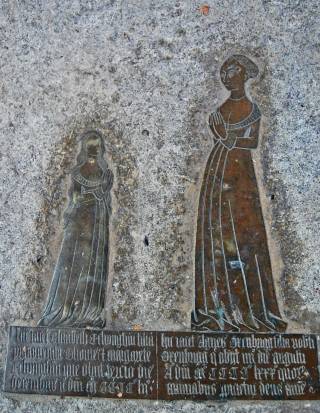This knowledge exchange project aims to promote the inclusion of LGBTQ+ young people in secondary schools by facilitating teaching of LGBT+ and queer topics as part of the wider history curriculum. Research shows that seeing themselves represented in the curriculum will not only enhance LGBTQ+ students’ self-esteem but will also enable all students to gain a greater understanding of the diversity of human gender and sexuality in the past and present.
The ‘Supporting LGBT+ and Queer Histories in Secondary Schools’ project is designed to facilitate the teaching of LGBT+ and queer histories in ways which ‘usualise’ queer and LGBT+ experiences for students and expose them to the diversity of concepts of gender and sexuality across different historical periods and contexts, as part of the year-round curriculum. Harnessing innovative methodological approaches drawn from queer history and introducing students to engaging source materials such as oral history, artworks, photographs and documentary film, the project will utilise the latest historical techniques developed in academic research and public history delivery.
Recent changes in the legislative framework and the National Curriculum have facilitated a growing interest in introducing LGBT+ and queer topics into the secondary school curriculum, but history teachers seeking to integrate LGBT+ and queer histories continue to face several challenges. Most existing resources are designed for use in standalone topics during LGBT+ History Month and typically draw on modern categories of sexual and gender identity with a focus on the twentieth century.
The ‘Supporting LGBT+ and Queer Histories in Secondary Schools’ project is a partnership with academic historians and history teachers, based at secondary schools in London and the Southeast, with an interest in developing resources for integrating LGBT+ and queer histories in the KS3 and KS4 history curriculums. The aim of the project is to promote knowledge exchange between teachers with experience of KS3 and KS4 history teaching and academics with subject specialist knowledge in LGBT+ and queer histories. Through a series of three workshops designed to promote dialogue and the sharing of ideas, which took place in February, April and June 2023, partners:
- discussed the current obstacles to incorporating LGBT+ and queer histories into the year-round history curriculum,
- identified the resources and other practical assistance teachers need to support their delivery of these histories to KS3 and 4 pupils and
- proposed a number of topics or themes in LGBT+ and queer history which could be incorporated into the KS3 and 4 history curriculum.
Utilising the knowledge gathered during the workshop sessions, a small group of volunteer teachers and academics worked in July and August 2023 to produce some sample teaching materials for trial by teachers. These include:
- Clearly identified teaching aims and learning objectives.
- A detailed lesson plan, with suggested questions to pose to students and activities for students to carry out.
- Accompanying primary sources, introducing students to a range of source material from material objects, film and art to oral history and textual resources.
- A PowerPoint for use in the classroom to provide further contextual information.
These materials are available for download here.
If you are a teacher and use the resources in your classroom, we would be very grateful if you could provide us with feedback, either by completing this feedback form or emailing us directly. *Feedback form privacy notice.
For more information about the project, please contact Rebecca Jennings at r.jennings@ucl.ac.uk or Bob Mills at robert.mills@ucl.ac.uk.
This project was supported with Knowledge Exchange funding through UCL’s Higher Education Innovation Fund allocation.
This project is run in collaboration with the UCL History of Art Department.
 Close
Close


